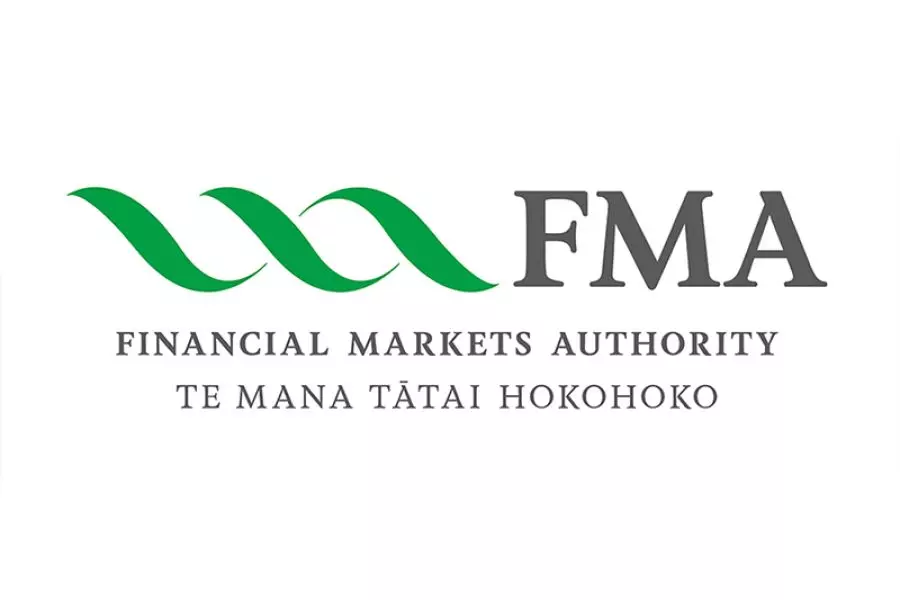
News
Level one: the new normal

Thursday 11th of June 2020
There was widespread celebration on Monday when Prime Minister Jacinda Ardern announced there were no active cases of Covid-19 in New Zealand and that the country would be moving to level one.
It meant that New Zealanders can return to a life that feels as normal as it can in the time of a global pandemic, the prime minister said.
“There will be no more physical distancing...
Want to read the full article?
Click the button below to subscribe and will have unlimited access to full article and all other articles on the site.
Latest News
3 min read
2 min read
3 min read
Latest Comments








![[The Wrap] Bye Bye Bayly](https://goodreturns.publit.io/file/c_fill,w_900,h_600/39f23ac1-f7c7-4854-b700-a150004ebbac.webp)